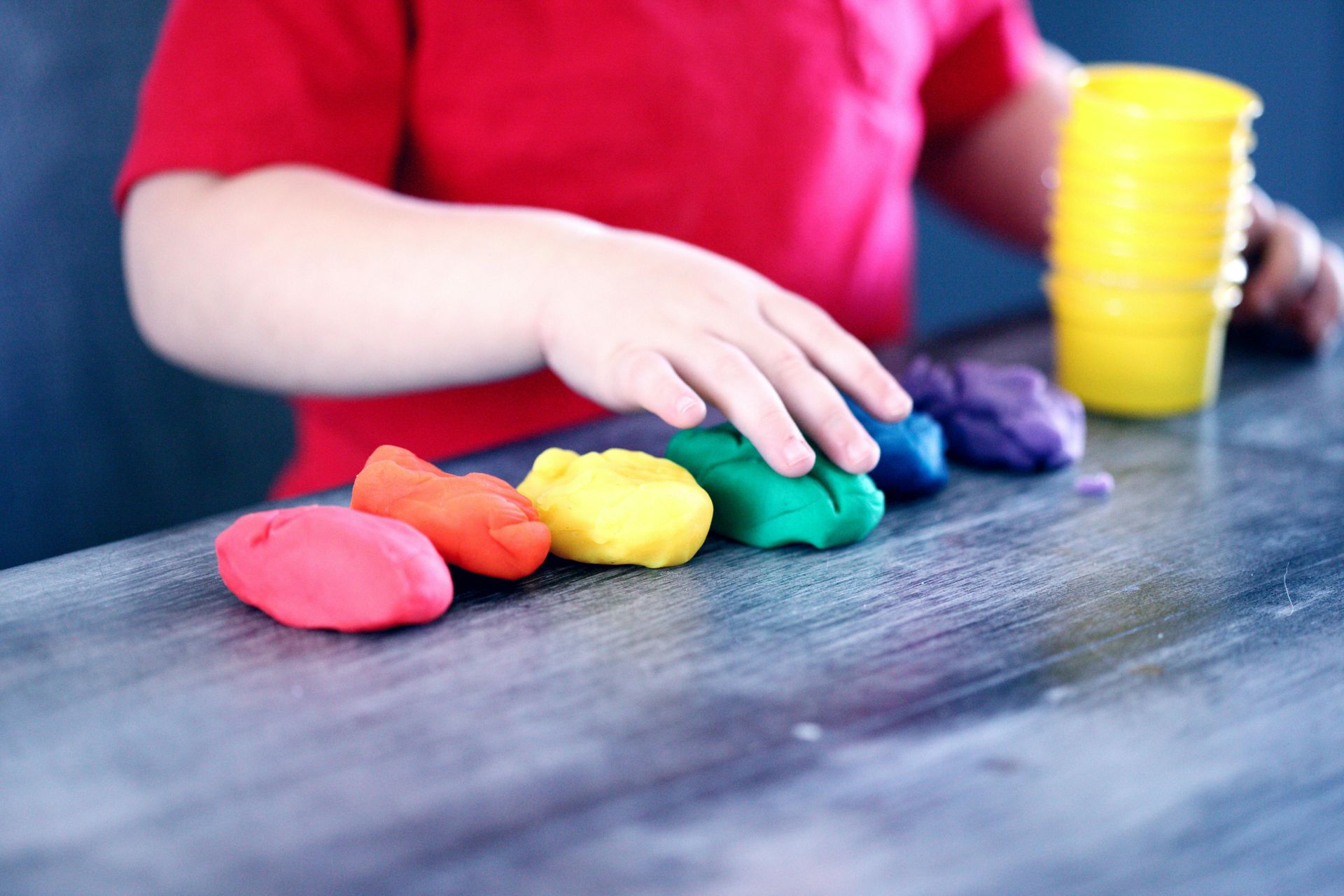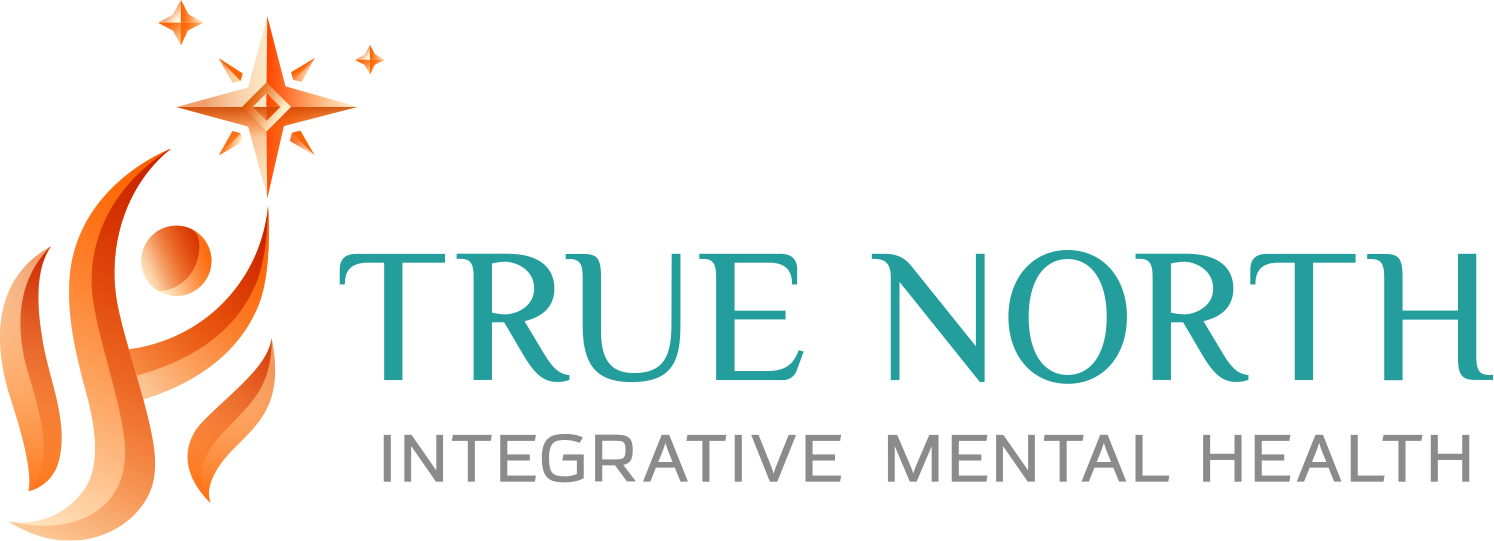Play Therapy for Kids: Types, Techniques, & Where to Find It
Dr. Jamie Rogers • October 11, 2024
Navigating childhood can be challenging, and therapy offers essential support for kids facing emotional or behavioral difficulties. Therapy provides a safe space where children can explore their feelings and learn coping strategies to manage life's hurdles.
There are various types of therapy tailored to meet different needs, each using unique techniques to help children communicate and heal. Increasing evidence supports the efficacy of therapy in improving children’s mental well-being.
For instance, research in the Journal of Child Psychology and Psychiatry highlights the positive impact of cognitive-behavioral therapy on anxiety. Accessible therapy can make a significant difference in a child's life, enabling them to thrive emotionally and socially.
In this blog post, we will explore the different types of therapy for kids, techniques used, and where to find it.
What is Therapy for Kids?
Therapy for kids, also known as child therapy or pediatric therapy, is a specialized form of therapy designed to help children navigate various emotional, behavioral, and psychological challenges. Conducted by licensed mental health professionals, such as clinical mental health counselors, licensed clinical social workers, or psychologists, this type of therapy aims to provide children with the tools they need to cope with life’s difficulties. These mental health professionals have specialized training in working with children, ensuring that the therapeutic approach is tailored to the child’s developmental stage and unique needs.
Therapy for kids can significantly enhance a child’s mental health and well-being. It helps children develop healthy coping mechanisms, improve their relationships with family and friends, and build resilience against future challenges. By addressing issues early on, therapy can set the foundation for a healthier, happier future.
Exploring Different Types of Therapy for Kids
Play Therapy with Trained Play Therapists
Play therapy is a widely-used form of therapy for kids, utilizing play as a medium for children to express themselves and work through issues. This therapeutic approach helps children communicate at their own level and distance themselves from uncomfortable feelings.
Typically used to address behavioral issues, trauma, and anxiety, play therapy allows kids to demonstrate their emotions through toys and games.
Benefits of Play Therapy:
- Encourages emotional expression
- Develops problem-solving skills
- Enhances social skills
For more details on how play therapy can benefit your child, you can visit The Association for Play Therapy.
Cognitive Behavioral Therapy (CBT)
Cognitive Behavioral Therapy (CBT) is another effective method in child therapy, focusing on identifying and changing negative thoughts and behaviors.
CBT is used to treat a range of issues, from anxiety disorders to depression and ADHD. It empowers children by teaching them coping mechanisms and problem-solving skills.
Key Aspects of CBT for Kids:
- Helps identify irrational thoughts
- Encourages positive behavioral changes
- Suitable for older children who can articulate their thoughts
If you would like to learn more about CBT for kids, visit The Anxiety and Depression Association of America.
Family Therapy with Family Therapists
Family therapy involves working with children and their family members together to address emotional and relational issues within the family unit, often under the guidance of a family therapist. Licensed marriage and family therapists (LMFTs) are highly qualified professionals who specialize in addressing family-related issues through therapy sessions that typically involve multiple family members.
It emphasizes improving family communication, resolving conflicts, and understanding family dynamics that may influence a child’s behavior. Structural family therapy, developed by Salvador Minuchin, focuses on the structure of family systems and the interactions within them, offering a comprehensive approach to addressing familial dynamics.
Goals of Family Therapy:
- Improve family communication
- Address systemic issues
- Enhance family support for the child
To explore more about family therapy, check out
The American Association for Marriage and Family Therapy.
Techniques Used in Therapy for Kids
Therapy for kids often involves a variety of techniques, each tailored to meet the specific needs of the child. Here are some common methods used by mental health professionals:
- Play Therapy: This technique uses play to help children express and process their emotions. Trained play therapists create a safe and engaging environment where children can explore their feelings through toys and games.
- Cognitive-Behavioral Therapy (CBT): CBT helps children identify and change negative thought patterns and behaviors. It is particularly effective for issues like anxiety, depression, and ADHD.
- Family Therapy: Involving the entire family, this approach addresses emotional and relational issues within the family unit. Family therapists work to improve communication, resolve conflicts, and strengthen family support systems.
- Art Therapy: This creative approach uses art-making to help children express and process their emotions. It can be particularly beneficial for children who find it difficult to articulate their feelings verbally.
- Talk Therapy: Also known as psychotherapy, this technique involves talking with a therapist to process emotions and develop coping strategies. It is suitable for older children who can articulate their thoughts and feelings.
Each of these techniques offers unique benefits, and a licensed mental health professional can help determine the best approach for your child.
Recognizing Signs Your Child May Need Therapy
Understanding when a child might need therapy can be challenging. Here are some indicators that suggest professional help could be beneficial:
- Persistent Behavioral Changes: Look for changes in behavior such as withdrawal, aggression, or drastic changes in appetite or sleep patterns. These can be linked to various mental health conditions.
- Difficulty in School: Struggles with maintaining focus, learning, or experiencing sudden drops in academic performance can signal underlying issues, including mental health conditions like ADHD.
- Expressing Out-of-Character Thoughts: If your child talks about feeling worthless or has thoughts of self-harm, seeking therapy is crucial. These thoughts can be associated with underlying mental health conditions.
- Social Interaction Issues: Problems with making or keeping friends, or avoiding social situations, can indicate that therapy might help, especially if related to conditions such as autism spectrum disorder.
- History of Traumatic Events: Experiencing trauma, be it emotional or physical, may necessitate therapeutic interventions to help the child process and heal. Psychoeducation can also play a critical role in helping families understand these mental health conditions.
What to Expect in Therapy Sessions
Therapy sessions for kids are designed to be engaging and supportive, providing a safe space for children to explore their emotions. During these sessions, therapists use a combination of talking, playing, and activities to help the child process and express their feelings.
A typical session may involve techniques such as play therapy or art therapy, allowing the child to communicate in a way that feels natural to them. The therapist may also incorporate cognitive-behavioral strategies to address specific thought patterns and behaviors.
Parents or caregivers often play a crucial role in the therapeutic process. The therapist may work with them to develop strategies for supporting the child’s mental health and well-being at home. This collaborative approach ensures that the child receives consistent support both in and out of therapy sessions.
Preparing Your Child for Therapy
Preparing your child for therapy can help them feel more comfortable and secure in the therapeutic process. Here are some tips to ease the transition:
- Explain the Concept of Therapy: Use simple language to explain what therapy is and why it can help. Emphasize that therapy is a safe space where they can talk about their feelings and learn new ways to cope.
- Highlight the Benefits: Let your child know that therapy can help them feel better and develop healthy coping mechanisms. Reassure them that it’s okay to seek help.
- Encourage Questions: Allow your child to ask questions and express their feelings about therapy. Address any concerns they may have to alleviate anxiety.
- Establish a Routine: Create a consistent routine for attending therapy sessions. Schedule regular appointments and establish a calming pre-therapy ritual to help your child feel more at ease.
By taking these steps, you can help your child approach therapy with a positive and open mindset.
How to Find the Right Therapist for Your Child
Embarking on the journey to find the right therapist for your child involves consideration and understanding of your family’s unique needs. Here is a guide to simplify the process:
Step 1: Identify Your Child’s Needs
- Understand the Issues: Start by considering your child's specific challenges or issues. Whether it's anxiety, trauma, or learning difficulties, recognizing the primary concern can guide your search for a specialized therapist.
- Decide on Therapy Type: Think about the type of therapy that may be most beneficial, such as play therapy or cognitive behavioral therapy (CBT).
Step 2: Search for Qualified Licensed Mental Health Professionals
- Check with Schools and Pediatricians: Schools and pediatricians often have recommendations and can be a starting point for finding a licensed clinical mental health professional. Ensuring the therapist has the proper credentials and experience is crucial for effective and safe therapeutic support.
- Online Directories and Platforms: Utilize online resources like True North for access to therapists with a range of specialties.
- Teletherapy Options: Consider therapists who offer virtual sessions, making therapy more accessible and convenient for busy families.
Step 3: Evaluate Potential Therapists
- Credentials and Experience: Ensure the therapist is licensed and experienced in child therapy. Look for professionals who have a background in the child's specific area of need.
- Approach and Compatibility: Schedule an initial consultation to discuss therapy approaches and gauge compatibility with your child's personality and needs.
Step 4: Make an Informed Decision
- Involve Your Child: Where appropriate, involve your child in the decision-making process to ensure they feel comfortable with the chosen therapist.
- Monitor Progress: Once therapy begins, stay engaged with your child and the therapist to monitor progress and make necessary adjustments.
For a deeper understanding and additional resources, visitTrue North. With dedication and the right guidance, finding the right mental health support for your child can fundamentally enhance their emotional and mental well-being.
Impact of Therapeutic Interventions on Child Development
Therapeutic interventions can significantly influence a child’s development, offering tools and strategies that nurture emotional resilience and social competence. These interventions are not only pivotal in addressing specific issues like anxiety or behavioral problems, but also in fostering overall mental health and well-being. Additionally, improving emotional health through these interventions can lead to better physical health outcomes, particularly in managing stress and trauma.
Core Benefits of Child Therapy
- Emotional Resilience Development: Therapy helps children develop coping mechanisms to manage stress and setbacks, building emotional strength over time.
- Improved Social Skills: Through various therapeutic techniques, children learn essential skills such as communication, empathy, and cooperation, aiding them in their interactions with peers and family.
- Enhanced Self-Esteem: Regular therapy sessions can boost a child's confidence by allowing them to express their thoughts and feelings in a safe environment and achieve personal growth.
Looking for Local Mental Health Support for Your Child?
Seeking therapy for your child is a courageous step toward supporting their well-being. It's important to remember that asking for help is a sign of strength, not weakness.
By addressing concerns early, parents empower their children to lead fulfilling lives. Remember, you're not alone on this journey—a world of support is available to you and your child.
Therapy for kids is a valuable investment in their future. By understanding the different types, techniques, and benefits of therapy, parents can make informed decisions for their children's mental health.
If you suspect your child may benefit from therapy, don't hesitate to take that first step. Your child's well-being is worth every effort.
Connect with a trusted therapist today in Greenville NC at
True North Integrative Mental Health.

Our Helpful Links
Schedule a Consultation
Get help with depression today! It's important to know that you are not alone.

